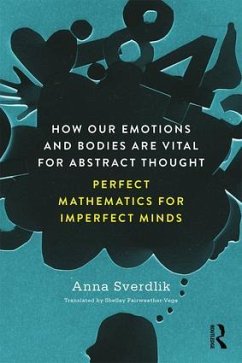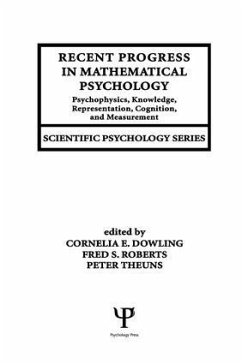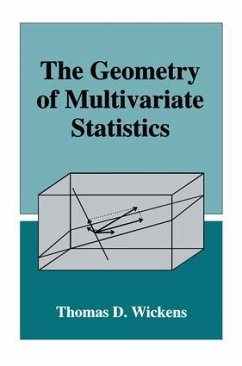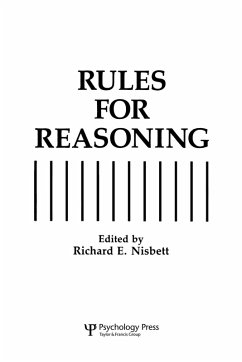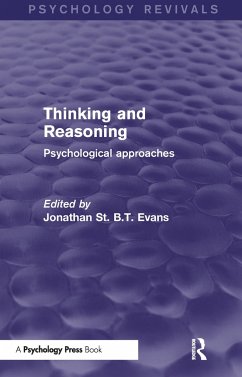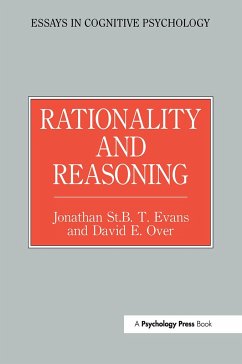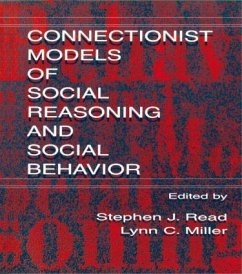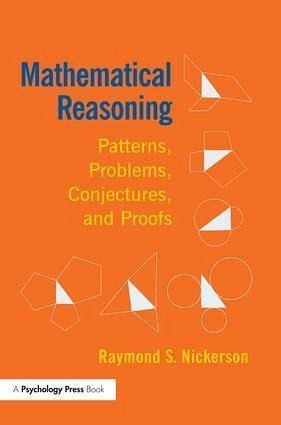
Mathematical Reasoning
Patterns, Problems, Conjectures, and Proofs
Versandkostenfrei!
Versandfertig in 1-2 Wochen
64,99 €
inkl. MwSt.
Weitere Ausgaben:

PAYBACK Punkte
32 °P sammeln!
The development of mathematical competence -- both by humans as a species over millennia and by individuals over their lifetimes -- is a fascinating aspect of human cognition. This book explores a vast range of psychological questions related to mathematical cognition, and provides fascinating insights for researchers and students of cognition and instructors of mathematics.




